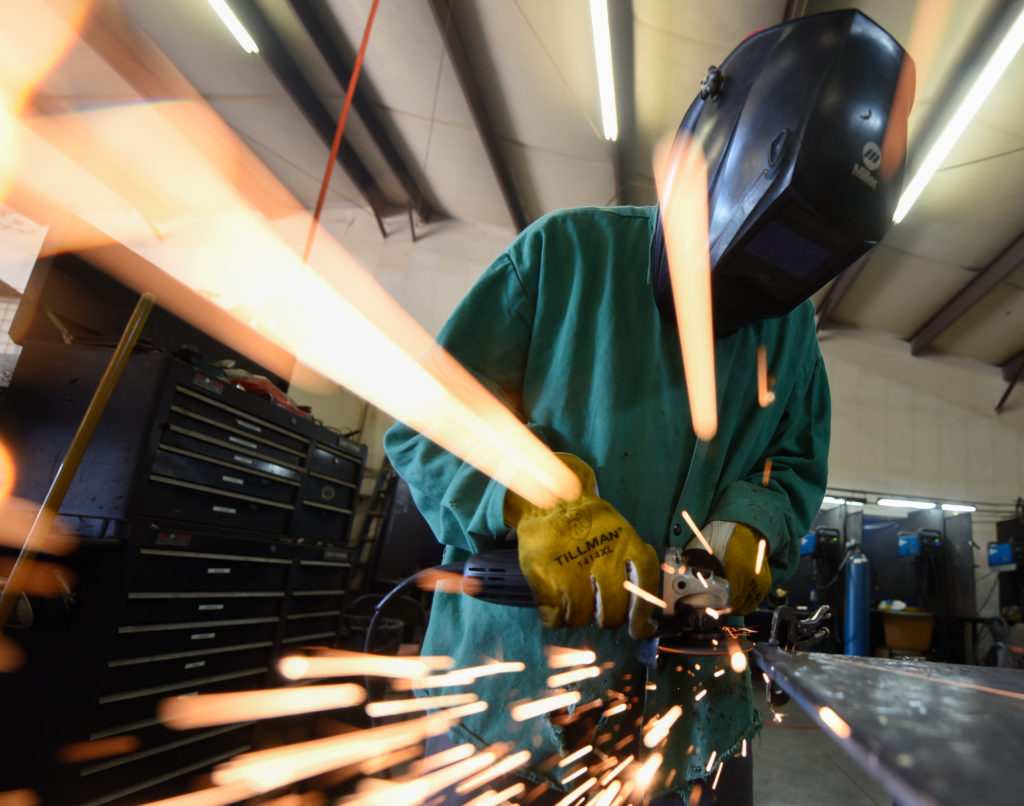
For the second year running, CNBC’s annual survey found Virginia to be the top state for business. Accolades like this showcase Virginia’s solid workforce and strong educational system and speak to why our region makes sense for manufacturing facilities, transportation and logistics companies, information technology shops and more.
Every new expansion announcement from the Governor’s Office highlights the number of jobs added to our growing workforce. But what does it mean for the upskilling and training of our current – and future – workforce, and how do training programs at community colleges play into this?
Meeting local demand
We’re going to say this until we can’t say it anymore: community colleges have “community” in their name for a reason. Training and educational programs housed at the community college are intentionally fashioned to support the local industry and its economy. The greater the partnership and collaboration between the college and the business community, the more targeted the curriculum is, the more nuanced skill is taught, and the more qualified students come out on the other side of graduation – to be hired by the business community.
Appealing to Gen Z (and younger)
Across higher education, enrollments are declining at four-year, two-year, for-credit and non-credit programs, so educators need new appeals to K-12 students as they make decisions to define their future educational pathways.
For example, ChamberRVA created a program called Mission Tomorrow that showcases businesses from Virginia’s most in-demand industries. In pre-pandemic times, students could interact with simulators and other hands-on activities, but now the program continues to build awareness around what is possible with a certification or degree in a certain career or technical field. Locally, Tyler, Reynolds and CCWA participate – but wouldn’t this be amazing to replicate across the commonwealth?
Finding the worker
One of the biggest benefits of a college environment is the built-in student support services, like career centers, coaching and advising. In the fall semester last year, Virginia’s Community Colleges served almost 90,000 students, and while some of those students transfer to a four-year institution, there is a significant portion of the student body that are actively working or are training for a very specific industry or career.
If you’d like to collaborate with your local community college to retrain or upskill your existing workforce, or if you’d like to talk about ways you could get in front of FastForward and other CTE students at your local community college, visit our Info for Employers page.
Editor’s Note: At the time of publishing, Brightpoint Community College was named John Tyler Community College.